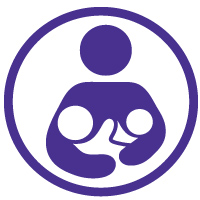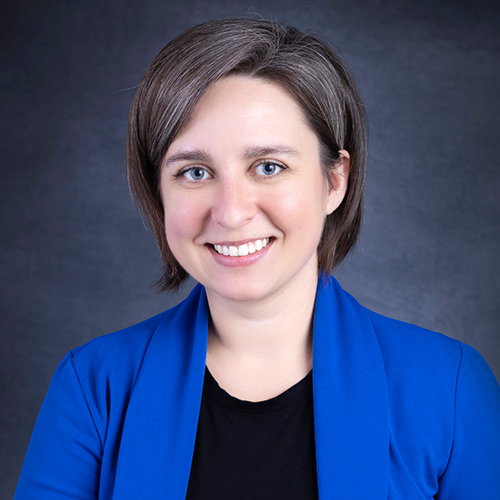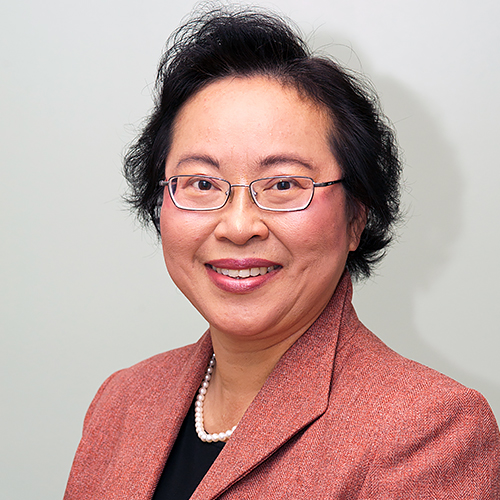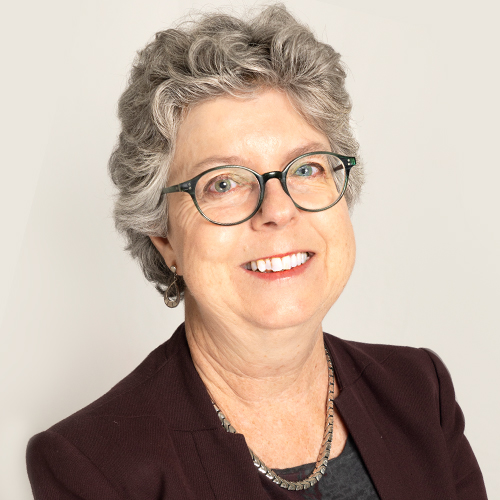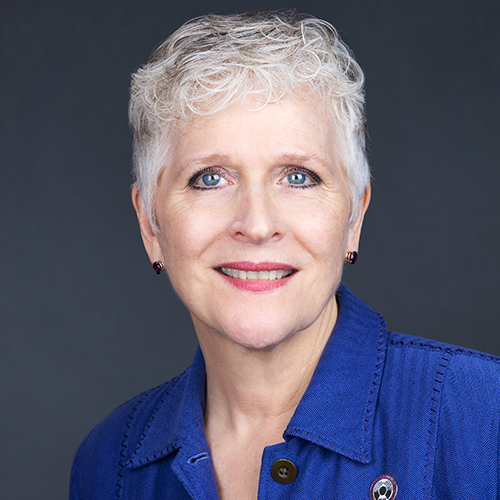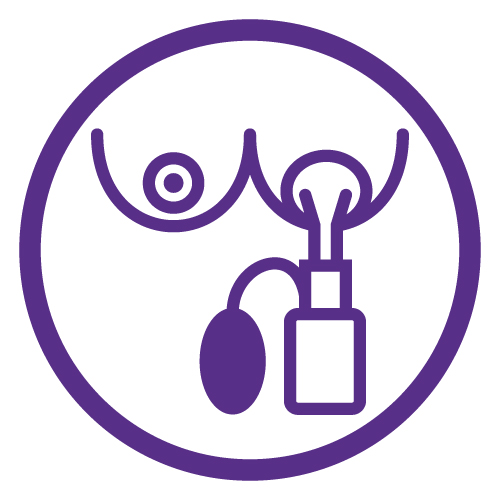 IBCLC Detailed Content Outline: Clinical Skills Focused CERPs - Section VII
IBCLC Detailed Content Outline: Clinical Skills Focused CERPs - Section VII
Access CERPs on Clinical Skills for the IBCLC Detailed Content Outline recertification requirements. Enjoy convenient on-demand viewing of the latest Clinical Skills focused IBCLC CERPs at your own pace.

Understanding and Addressing Breastfeeding Disparities and Human Milk Inequity in Emergencies

Aunchalee Palmquist is a medical anthropologist and International Board Certified Lactation Consultant (IBCLC). She completed postdoctoral studies at the National Institutes of Health and in the Global Health Initiative at Yale University. Palmquist is Assistant Professor of Anthropology and Director of the Program for Ethnographic Research and Community Studies at Elon University. Her recent research focuses on critical biocultural contexts of breastfeeding, human milk sharing, and infant and young child feeding in emergencies. She blogs at anthrolactology.com.
Emergencies, whether natural disasters or complex humanitarian crises, often reproduce and exacerbate pre-existing health disparities. Mothers and infants within vulnerable, marginalized, and oppressed social groups are more likely to carry a disproportionate burden of perinatal morbidity and mortality resulting from emergencies as compared with those in privileged groups. Emergency response for pregnancy support, childbirth, and infant and young child feeding (IYCF-E) tends to address acute needs but often fails to support long-term and sustainable resilience to health inequalities and inequities. This presentation provides an overview of critical issues that influence social inequalities of perinatal maternal and infant nutrition in a global context, and then highlights the intersection with IYCF-E. A case studies approach will be used to illustrate key concepts. Although emergencies present numerous challenges to protecting maternal and infant health, they also avail unique opportunities to promote and support breastfeeding and human milk equity globally.
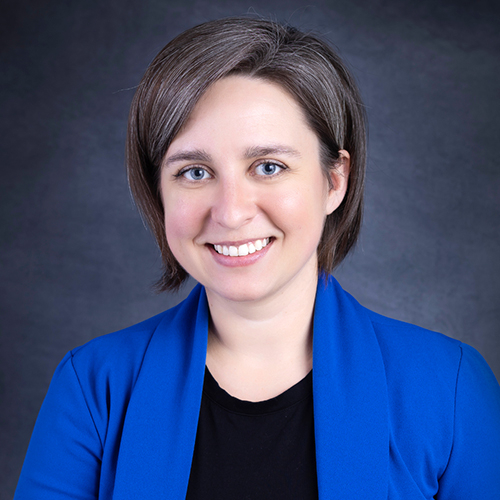

Allison Tolman has experience as an LPN, CLC, Certified Birth Doula, Certified Childbirth Educator, and IBCLC. She has found a passion for breast pumps and now works exclusively with mothers who are combining breastfeeding and pumping while returning to work after maternity leave. She (along with an engineer) developed a device used to test breast pumps and has enjoyed sharing her data and findings with her online community and helping mothers choose and use the best breast pump for them. Her husband is active duty military in the US Army and together they have 3 little boys. They have lived all over the US and spent 3 wonderful years in Belgium. She is also pursuing a bachelors in Maternal Child Health: Human Lactation at Union Institute & University.
The overwhelming amount of breast pumps on the market and lack of evidence-based pumping research make it difficult for both parents and professionals to know how to choose and use breast pumps effectively. After conducting pilot testing on over 50 breast pumps with a custom designed Breast Pump Vacuum Monitoring System, we will use the graphs and data gathered to better understand the differences between pumps and which are most effective for specific pumping scenarios. We will dive into the science of breast pumps, the practical use of different types of pumps, and clinical aspects of counseling pumping parents.
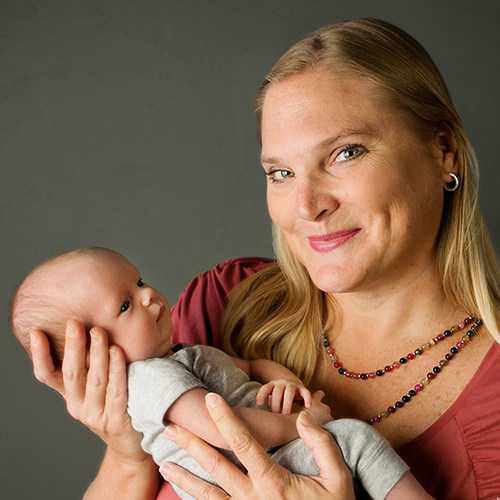

A love for babies fueled Kimberly's 20+ year career serving families in the postpartum time frame. With a passion for nurturing new parents, she trains doulas and educators with CAPPA to support and educate for a strong beginning of bonding and connection. She loves teaching expectant families to have a smooth transition to new baby life through the Providence Healthcare System in Portland, OR. She began as a postpartum doula, then quickly added breastfeeding and new parent classes to help parents from the very beginning, and then became an IBCLC to meet their bigger challenges. She owns ABC Doula & Newborn Care in Portland, OR, is the mother of 2 grown kids, and resides in Phoenix near her parents. Like many other baby whisperers, Kimberly has honed skills for listening and responding to babies that parents can quickly learn to understand and interpret their tiny humans. When she sees parents struggling, and especially with the most fussy of babies, her heart hopes that all parents could be given the tools to compassionately support their little ones, and learn how to meet their needs, which creates more confidence in themselves in their new roles as well.
Topic: Understanding Infant Crying - [View Abstract]
How much crying is too much crying? When parents reach out with questions about their babies crying, what parameters are available to help guide them to understand their infants? This session will aim to guide professionals who support the newborn family, including offering guidelines for number of hours that are considered normal, descriptions of high and low criers, timelines of expected crying, and solutions and alternatives when the typical approaches don’t seem to work. Utilizing the research on the Crying Curve--a pattern of crying beginning at about 42 weeks of gestation, peaking at 6-8 weeks of age, and sharply declining by 12-15 weeks--parents can navigate newborn life according to their gestational age. 15 different studies have concluded that this pattern is common across infants of all cultures, gestational ages (based on a 40-week gestation), and parenting styles—and the applications are many in the early parenting world. Help families learn to utilize this model to help assess their newborn. Multiple models of interpreting newborn crying from body language to sound and tone to help interpret newborn needs will be shared. Let’s move beyond reassuring parents that “colic” will end by 3 months and offer them solutions and alternatives.
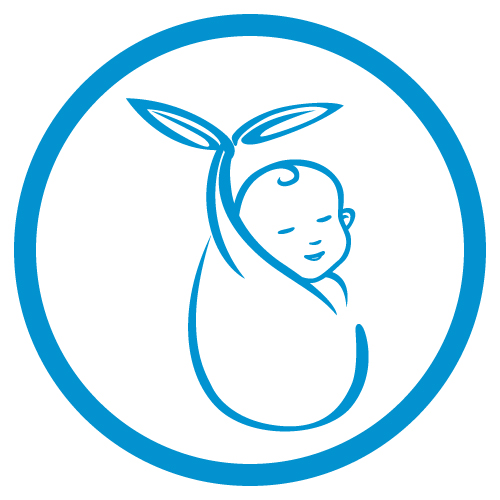
View Details / Enroll
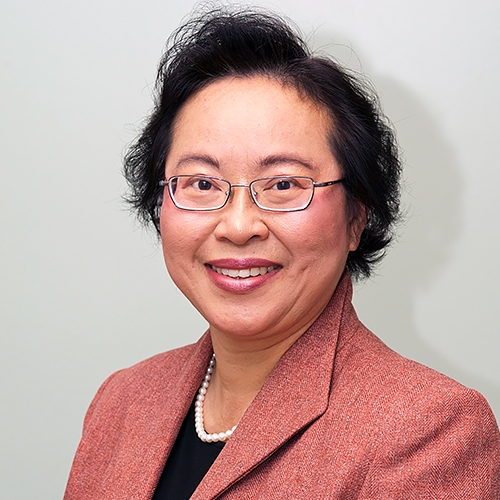

Wilai Rojjanasrirat, PhD, RN, IBCLC, FILCA, FAAN is a Professor and Director of Research and Scholarship at Graceland University’s School of Nursing in Independence, Missouri. Her background is in midwifery and maternal and child health nursing.
She is an international board certified lactation consultant. She earned her Bachelor’s in Nursing and Midwifery from Thailand and Master’s and Doctorate and Post-Doctorate in Nursing from the University of Kansas. She teaches in graduate nursing program. Her research focuses on promoting and supporting breastfeeding, psychometric development, and educational outcome evaluation.
Using telehealth in providing lactation support, evaluation of the breastfeeding outcomes among late-preterm, near term, and term infants, and evaluation of the Business Case for Breastfeeding Program’s impact among employed breastfeeding mothers in Kansas are among some of the research projects.
Dr. Rojjanasrirat has multiple publications and recently contributed to a book chapter on Employment and Breastfeeding in Wambach & Spencer, Breastfeeding and Human Lactation, 6th edition in 2021. She served as a former president of the Pi Eta Chapter of the Nursing Honor Society, a board member of the KC Board of Directors of Kansas City, Kansas, and a former president of the Greater Kansas City Lactation Consultant Association for several years.
Topic: Understanding Lactation-Related Research - [View Abstract]
Evidence-based practice directly influences and drives day-to-day clinical practice in the current healthcare environments. Lactation consultants need to keep up to date with research evidence for best practice. Although the primary goal of lactation providers is to provide optimal lactation care to breastfeeding mothers, it is necessary to know how to apply appropriate evidence to use on a regular basis by understanding research process and how to read research articles. The purposes of this presentation are to present basic concepts related to conducting and understanding lactation related research including quantitative and qualitative research methods. In addition, the presentation also will cover the guides to reading scientific research articles. The participants do not require extensive or advanced medical or research methodological knowledge to attend this workshop. Some breastfeeding research papers including case studies, clinical trials, and qualitative research will be used as examples.

View Details / Enroll
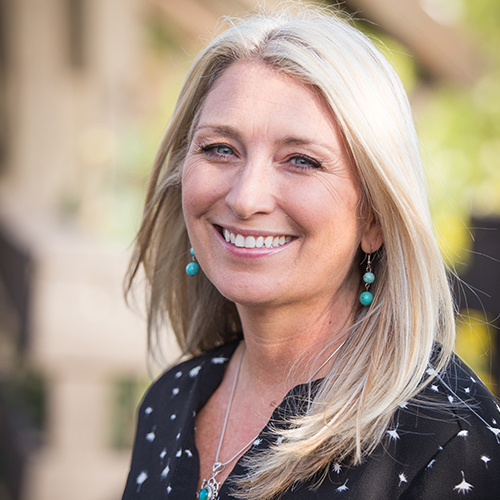

Laurel Wilson, IBCLC, CLE, CCCE, CLD is a TEDx and international speaker, author, pregnancy and lactation expert, and consultant. She served as the Executive Director of Lactation Programs for CAPPA, the Childbirth and Postpartum Professional Association for 16 years and now is on the Senior Advisor Board. She served on the Board of Directors for the United States Breastfeeding Committee from 2016-2019. She also is on the Advisory Board for InJoy Health. She owns MotherJourney, focusing on training perinatal professionals on integrative and holistic information regarding pregnancy, childbirth, and breastfeeding. She has her degree in Maternal Child Health: Lactation Consulting and is an internationally board certified lactation consultant. As the co-author of two books, The Attachment Pregnancy and The Greatest Pregnancy Ever, original Editor of the CAPPA Lactation Educator Manual, and contributing author to Round the Circle: Doulas Talk About Themselves, she loves to blend today’s recent scientific findings with the mind/body/spirit wisdom. Laurel has been joyfully married to her husband for nearly three decades and has two wonderful grown sons, whose difficult births led her on a path towards helping emerging families create positive experiences. She believes that the journey into parenthood is a life-changing rite of passage that should be deeply honored and celebrated.
Topic: Epigenetics and Breastfeeding: The Potential Longterm Impact of Breastmilk - [View Abstract]
Topic: Hold the Phone! Diet Does Matter During Breastfeeding: Implication of Diet on Fatty Acid Composition and Other Nutrients - [View Abstract]
Topic: Postpartum Mood Disorders, Breastfeeding and the Epigenetic Links from Past Into Future - [View Abstract]
Topic: Talk To Me: How Breastmilk Acts as a Communication and Gene Expression Tool Between Mother and Child - [View Abstract]
Topic: The Milk Sharing Conundrum - The Grey Area Between Scope and Need - [View Abstract]
Topic: The Placenta and Breastmilk-Unraveling the Mysterious World of the Intelligent Organs that Protect our Babies - [View Abstract]
Topic: Understanding Zika and Lyme and Breastfeeding - [View Abstract]
Topic: Unraveling the Mysteries of Human Milk: The Fascinating Role of Neohormones, Epigenetics, the Microbiome and More! - [View Abstract]
With the recent spread of the virus, Zika and the bacterial infection, Lyme Disease, many pregnant and breastfeeding families worry about the potential impact on their babies. There is a great deal of inaccurate information on the internet regarding these diseases that many parents encounter. Having good resources and current information on these emerging diseases is imperative for new families. This presentation will address transmission of the diseases, risks to babies prenatally and during breastfeeding, and precautions for pregnant and breastfeeding mothers to take.

View Details / Enroll
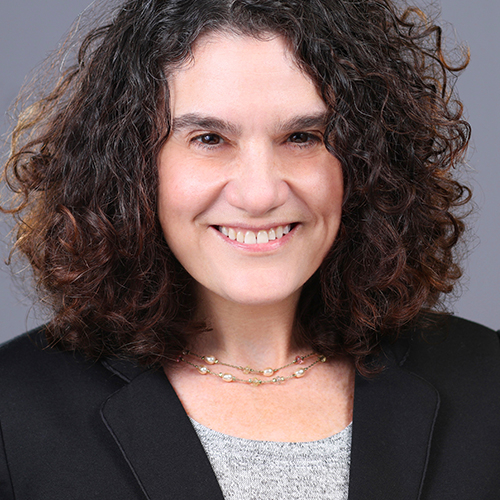

Leslie has been providing lactation support in Central New Jersey for over 18 years - as a La Leche League (LLL) leader since 2002, an IBCLC at Mercer County WIC from 2014 to 2016, and as a private practice IBCLC since 2011.
Leslie grew up in New York and New Jersey. She graduated from Cook College/Rutgers with a BS in Biochemistry, and from Rutgers University/UMDNJ with a PhD in Biochemistry and Molecular Biology. Leslie's difficulties with early breastfeeding, the help she received from LLL, and challenges with returning to work laid the foundation for her understanding of the importance of skilled and compassionate lactation and infant feeding support.
Topic: Untangling the Big Picture of Tongue-Tie Assessment - [View Abstract]
IBCLCs assess chest/breast and bottle feeding skills, and infant’s oral and body structures and motions that contribute to, or inhibit, the process of feeding as well as post-feeding comfort. When infants present with feeding dysfunction, the root of the issue is often tight frenulum (ties), or asymmetric/tense muscles/fascia, or both. IBCLCs help families navigate the differential assessment of feeding dysfunction, and at the same time support the family’s feeding and milk supply choices. This presentation will examine the bigger picture of assessment when ties are suspected. Because a narrow focus on only the oral cavity can negate other contributing factors, initial and follow-up assessments need to include not just what is going on in the infant’s mouth, but also take into account the infant’s body as a whole, family dynamics, feeding goals, and the creation of a manageable plan for the family. IBCLCs aid with oral/body exercises, referrals for oral evaluations and/or bodywork, help with pre/post frenotomy oral skills, and more - helping to adjust the care plan as infant feeding skills and parent goals grow and change. Developing the skill of big picture assessment is crucial in order to determine the best course of clinical care, meet the families needs, and allow for the best possible outcome.


Amy Holmes has practiced as a pharmacist for 21 years with the last 9 years being focused in neonatal critical care at Novant Health Forsyth Medical Center in Winston Salem, NC. She holds degrees in pharmacy from University of North Carolina (BS) as well as the University of Maryland at Baltimore (PharmD). Amy serves as the Residency Program Director for the acute care PGY1 program at Novant Health Forsyth Medical Center. She is active in state and national pharmacy organizations including the Pediatric Pharmacy Advocacy Group (PPAG) and the American Society of Health-System Pharmacists (ASHP).
Topic: Updates in Pharmacotherapy for NAS - [View Abstract]
This presentation will provide a general overview of neonatal abstinence syndrome (NAS) followed by a more detailed discussion of some of the more recently published approaches to treatment. This will include review of alternative dosing strategies for morphine as well as the use of buprenorphine for management of NAS symptoms.

View Details / Enroll
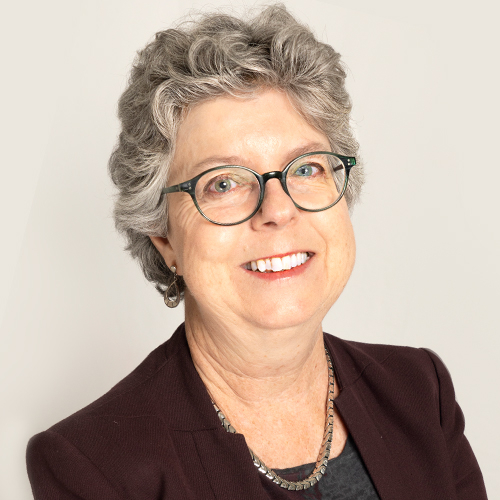
Urban Design Solutions to Support Breastfeeding in Public

Professor Lisa Amir is a general practitioner and has been an International Board Certified Lactation Consultant since 1989. She is the author of over 120 peer-reviewed articles on breastfeeding. She works in breastfeeding medicine at The Royal Women’s Hospital in Melbourne, Australia. She is a Principal Research Fellow at Judith Lumley Centre, La Trobe University and is the Editor-in-Chief of the open access journal, International Breastfeeding Journal.
Topic: Ethical Issues in the Use of Medications During Lactation - [View Abstract]
Topic: Taking a Lactation History: From Pregnancy to Postpartum and Beyond - [View Abstract]
Topic: Urban Design Solutions to Support Breastfeeding in Public - [View Abstract]
Some mothers find it challenging to breastfeed outside the home, and this may contribute to cessation of breastfeeding earlier than planned. To date, breastfeeding women have not been included in most public space designs, such as parks, shopping centres or public buildings. I worked with experts in planning and urban design to explore design features that invite or deter breastfeeding in public. We conducted interviews and focus groups with breastfeeding mothers in three local government areas in Victoria, Australia. We received input from over 80 mothers speaking five languages, as well as health professionals and council planning staff. Many participants reported avoiding breastfeeding in public spaces due to social expectations or physical comfort. Mothers reported that best spaces for breastfeeding were dignified, safe, comfortable, accessible, compatible with their other needs and responsibilities with a high level of amenity. Using these data, we developed design guidelines that outline how a range of everyday shared spaces could become breastfeeding-friendly as well as the optimal design characteristics for dedicated breastfeeding spaces.

Using a Cool Head When You’re on the Hot Seat: Ethical and Legal Topics That Make Us Sweat, and How to Avoid Getting Burned

Liz Brooks is a private practice International Board Certified Lactation Consultant (IBCLC) and licensed lawyer, with expertise in criminal, administrative, non-profit, ethics, and lactation-related law. Liz offers in-home lactation consultations, and bedside care and teaching in two Baby-Friendly-designated hospitals.
She has been a leader in organizations for IBCLCs, breastfeeding promotion, and non-profit human milk banking. She authored the only textbook on legal and ethical issues for the IBCLC, and writes on health care ethics, equity, and conflict-of-interest in several books, blogs, and peer-reviewed journals.
She is a popular international conference speaker, offering practical tips with wit and wisdom for anyone who works with lactating and human milk-using families. Liz self-identifies as a cisgender hetero white woman with unearned privilege, and uses she/her/hers pronouns.
Topic: Using a Cool Head When You’re on the Hot Seat: Ethical and Legal Topics That Make Us Sweat, and How to Avoid Getting Burned - [View Abstract]
Topic: What’s Too “Friendly” for an IBCLC on Social Media? - [View Abstract]
Topic: Whiners and Deniers: Ethics and Diplomacy in Difficult Cases - [View Abstract]
We all understand, generally, that lactation support providers – from licensed primary healthcare providers (HCP) to volunteer peer counselors – owe a “duty of care” to the parents they work with, defined by laws and ethics codes. But many are concerned that they do not know what is really expected of them, in the moment of clinical care, when decisions about how to do things “the right way” must be made. This session will cover the basic of ethics and legal duty as a lactation support provider. Examples from the International Board Certified Lactation Consultant (IBCLC) literature will be used. A few topics that are the most common "hot spots" for practitioners (the ones that make us sweat) will be explored with a few slides, and a lot of free-flow Q&A with session attendees, as we ponder realistic tactics to protect ourselves as practitioners with cool heads and clinical excellence.

View Details / Enroll


Catherine Watson Genna BS, IBCLC is an International Board Certified Lactation Consultant in private practice in New York City. Certified in 1992, Catherine is particularly interested in helping moms and babies breastfeed when they have medical challenges and is an active clinical mentor. She speaks to healthcare professionals around the world on assisting breastfeeding babies with anatomical, genetic or neurological problems. Her presentations and her writing are enriched by her clinical photographs and videos. Catherine collaborates with Columbia University and Tel Aviv University Departments of Biomedical Engineering on research projects investigating the biomechanics of the lactating nipple and various aspects of sucking and swallowing in breastfeeding infants. She is the author of Selecting and Using Breastfeeding Tools: Improving Care and Outcomes (Praeclarus Press 2009) and Supporting Sucking Skills in Breastfeeding Infants (Jones and Bartlett Learning 2008, 2013, 2017) as well as professional journal articles and chapters in the Core Curriculum for Lactation Consultant Practice and Breastfeeding and Human Lactation. Catherine served as Associate Editor of the United States Lactation Consultant Association’s official journal Clinical Lactation for its first seven years.
Topic: Breastfeeding Strategies for Tongue-tied Infants - [View Abstract]
Topic: Critical Assessment of Apparent Tongue-Tie - [View Abstract]
Topic: Introduction to Cervical Auscultation - [View Abstract]
Topic: Lactation Support for Infant Biomedical Challenges - [View Abstract]
Topic: Organization of tongue movements before and after frenotomy for posterior tongue-tie: an Ultrasound analysis - [View Abstract]
Topic: Positioning and Latch for Breastfeeding - [View Abstract]
Topic: Ultrasound Analysis of Sucking: Tongue-Tie and Confounders - [View Abstract]
Topic: Using Breastfeeding Supplementers - [View Abstract]
This presentation reviews available commercial and clinician-assembled supplementer devices and their use during breastfeeding in a problem solving context. It includes special considerations for infants with oral clefts and cardiorespiratory conditions.



